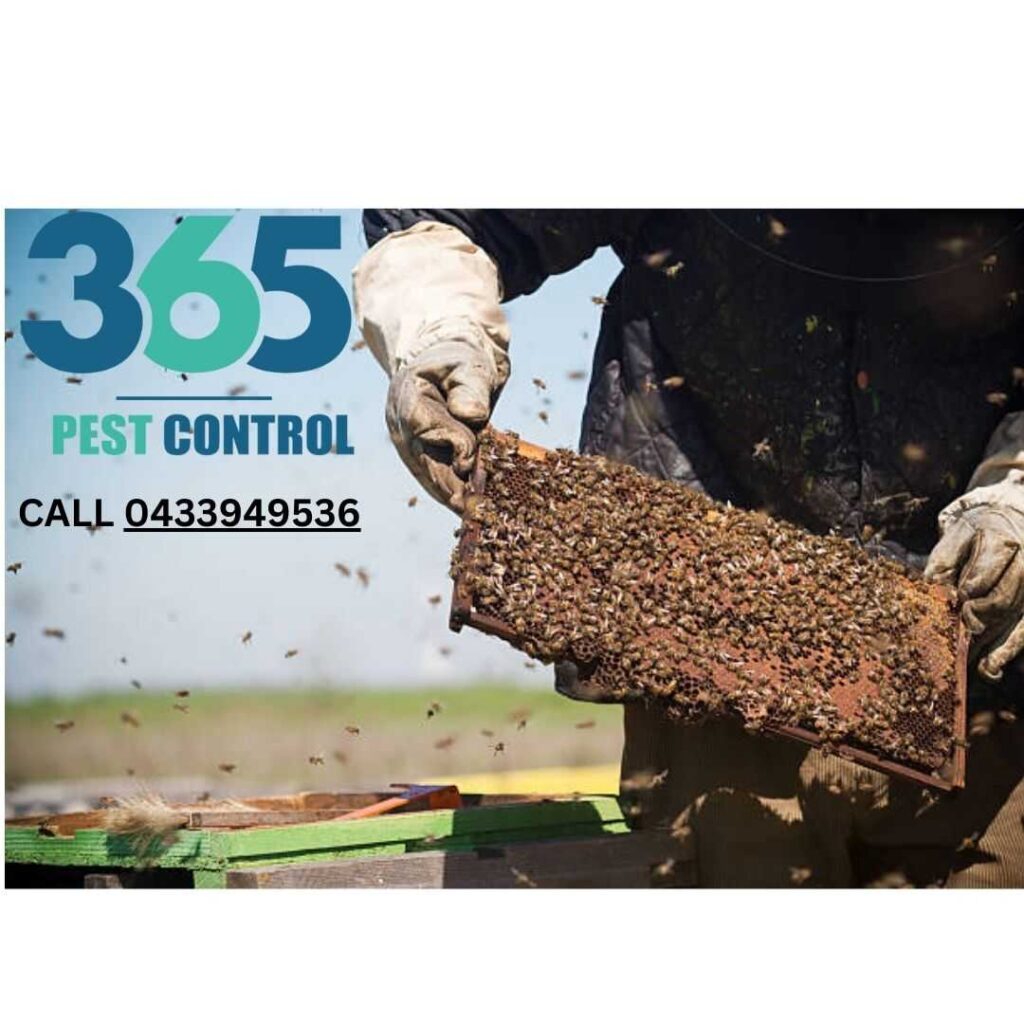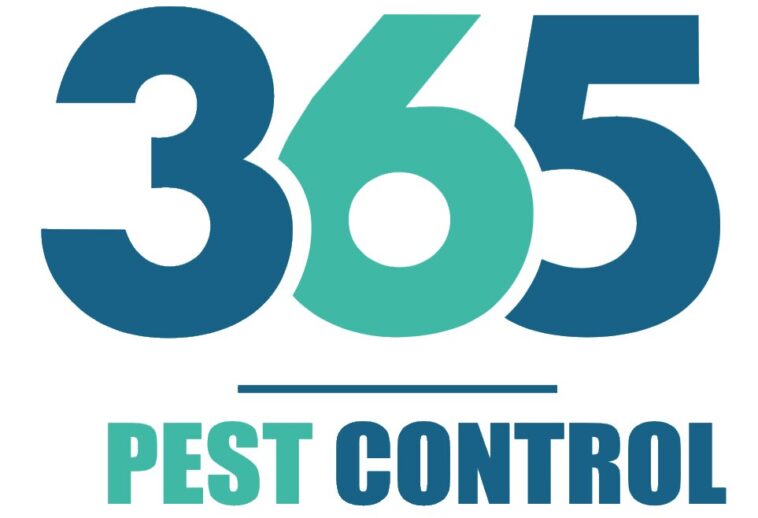With advancements in bee control methods, pest management professionals in Melbourne now employ innovative, sustainable approaches. These methods not only ensure safety for residents but also support the well-being of bee populations. Some of these cutting-edge techniques include:
Non-Invasive Hive Monitoring: By using sound wave technology, pest control experts can detect and monitor hives within walls without causing any structural damage. This non-invasive approach is effective for identifying the hive’s size and activity level before proceeding with removal.
Biodegradable Barriers and Repellents: Melbourne-based bee control companies often use biodegradable gels and organic compounds that create temporary barriers around structures, deterring bees from establishing hives in walls, roofs, or sheds. These repellents are safe for the environment and degrade over time without leaving harmful residues.
Bioacoustics in Bee Deterrence: A new method in pest control, bioacoustics, uses specific sound frequencies that discourage bees from nesting in certain areas. This humane and non-toxic technique can keep bees away from entry points and high-traffic zones without causing harm.
Strategic Use of Native Plants as Natural Barriers: By planting native flora that is less attractive to bees near high-traffic areas, homeowners can naturally manage bee activity on their property. This method works by creating subtle boundaries that direct bees toward pollinator-friendly zones, a popular approach in Melbourne’s eco-conscious neighborhoods.
Understanding Bee Behaviors That Influence Control Measures
For effective bees control in Melbourne, it’s essential to understand certain bee behaviors that can impact control methods:
Swarming: Bees swarm when a new queen emerges and a portion of the colony leaves to establish a new hive. This usually occurs in spring, and though it can look intimidating, swarming bees are typically not aggressive. However, professional intervention may be needed to safely redirect or relocate swarming bees.
Foraging Patterns: Bees have established foraging patterns and often return to the same food sources, such as flower gardens or water sources. Recognizing these patterns allows pest control experts to implement strategies that gently redirect bee activity.
Defensive Behavior Around Hives: When bees sense a threat to their hive, they release pheromones that attract other bees to help defend it. Bee control professionals take precautions to avoid triggering these responses, using techniques that minimize disturbance and stress to the colony.
Temperature Sensitivity: Bees are more active in warmer temperatures and less so in cooler weather. Bee control efforts are often scheduled for early morning or cooler times of day to reduce bee activity and lower the risk of stings during hive removal.
By understanding these behaviors, pest control professionals can create targeted strategies that address bee activity in a safe, humane way.
Bee Preservation and Its Ecological Impact in Melbourne
Bees play an essential role in Melbourne’s biodiversity and food production. Recognizing this, the city’s approach to bees control increasingly emphasizes preservation, ensuring that bee populations are maintained even as hives are removed from unsuitable locations. Here’s how bee preservation impacts the local ecosystem:
Enhancing Pollination for Urban Agriculture: Many Melbourne residents and community gardens rely on bee pollination for growing fruits, vegetables, and herbs. Bee-friendly practices in pest control indirectly support urban agriculture, helping residents grow fresh, local produce.
Supporting Native Plant Growth: By preserving bee populations, Melbourne’s unique native flora, such as the wattle, banksia, and eucalyptus, benefit from effective pollination. These plants, in turn, support local wildlife, including birds and small mammals.
Promoting Biodiversity in Urban Areas: Bee preservation helps sustain biodiversity within Melbourne’s parks and green spaces, contributing to a balanced ecosystem that supports a variety of insects, birds, and animals. A biodiverse urban environment is more resilient to changes and provides natural pest control.
Steps for Melbourne Residents to Safely Support Bee Health
For residents wanting to contribute to bee conservation while keeping their properties safe from hives, here are practical steps that create a balanced approach:
Create a Bee Habitat Away from Living Areas: Consider establishing a “bee garden” or pollinator-friendly habitat at a distance from your home. This can be done by planting native flowers in areas that are less frequented, such as along property borders or in back gardens.
Provide Water in Safe Locations: Bees require water for hydration and hive cooling, but they may become a nuisance if they congregate near pools or pet bowls. Place shallow dishes of water with pebbles in garden areas to attract bees away from recreational spaces.
Avoid Pesticides: Traditional pesticides can harm bees and other beneficial insects. Use eco-friendly pest control methods or hire pest control professionals who practice bee-safe pest management. This protects both bees and the surrounding environment.
Participate in Local Bee Preservation Efforts: Melbourne has various community programs and beekeeping groups that focus on supporting bee populations. Participating in these programs helps you learn more about bees while contributing to conservation efforts.
The Economic Value of Bee Control in Melbourne
Bee control isn’t just an environmental priority—it also offers economic advantages to residents, property managers, and agricultural producers. Here’s a closer look at the economic benefits of effective bee control in Melbourne:
Reduced Property Damage Costs: Left unchecked, hives in wall cavities or attics can cause costly structural damage. Proactive bee control minimizes these risks, helping property owners avoid significant repair expenses.
Enhanced Property Appeal: Bee-free properties have greater appeal to potential buyers and tenants, particularly for families or individuals who may be allergic to bee stings. Properties with well-maintained, safe gardens and outdoor spaces are more attractive in Melbourne’s competitive real estate market.
Increased Agricultural Productivity: Many farms and community gardens depend on bees for pollination. By controlling bees in residential areas and relocating them to safe environments, Melbourne’s bee control efforts indirectly support agricultural productivity, contributing to the local economy.
Conclusion: A Holistic Approach to Bees Control in Melbourne
Bee control in Melbourne is more than just pest management—it’s about balancing human needs with ecological preservation. From advanced control methods and preventive landscaping to supporting local bee populations, Melbourne’s approach to bee control reflects a commitment to sustainable living.
This post was created with our nice and easy submission form. Create your post!





